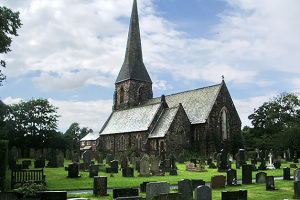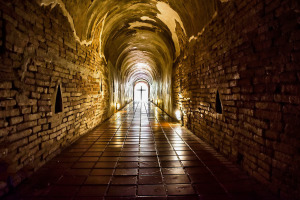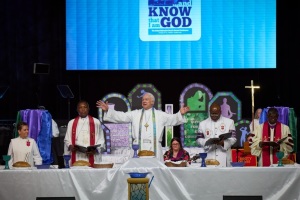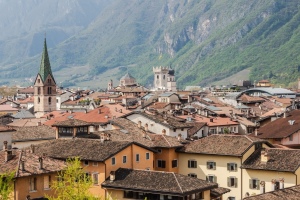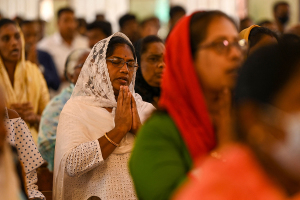Pew Part Two: Pentecostalism in Africa
The growth of Christianity in Africa is no secret. With Christians constituting nearly half the African population and Pentecostals growing rapidly, the Pew Forum on Religion and Public Life released an overview of the history of Pentecostalism in the continent.
Part of its series of overviews on the three continents - Latin America, Africa, and Asia – that have seen an increasing growth and influence in Pentecostalism, Pew's second report traced a Pentecostal boom that stands out even by African standards.
The Pew report pointed out a particularly dramatic growth in the Pentecostal movement since the era of decolonization in the 1950s and 1960s. Pentecostals today represent 12 percent, or about 107 million, of Africa's population, according to the World Christian Database. Charismatic members of non-Pentecostal denominations make up another 5 percent of the population, or about 40 million. The proportion of Pentecostals and Charismatics combined was less than 5 percent just over three decades ago.
Christians overall grew to an estimated 400 million, making up 46 percent of the population. Catholics grew to 17 percent in 2005 and Protestants constitute 29 percent.
The Pentecostal boom is most prominent in such countries as South Africa and Zimbabwe. In South Africa, the Pentecostal Apostolic Faith Mission is now as numerically strong as the Dutch Reformed Church – the traditional mainstay of the country's Protestantism, the Pew report stated. And in Zimbabwe, the Pentecostal Assemblies of God has almost as many adherents as the Catholic Church.
The largest Christian church in Ghana is the Church of Pentecost. The fastest growing denomination in Nairobi, Kenya, is the Assemblies of God. Also in Nigeria – Africa's most populous country – Pentecostals equal the combined numbers of its long dominant Catholic and Anglican churches.
"Pentecostalism's dramatic expansion has left almost no part of sub-Saharan Africa unaffected," stated the Pew Forum.
Pentecostal influence in politics and public life has also widened in the last 15 years.
One example Pew cited was when Zambia became the first former British colony in Africa to change a president through democratic multiparty elections in 1991. The winner, Frederick Chiluba, who is an avowed Pentecostal, invited a group of Pentecostal ministers to "cleanse" the presidential palace of evil spirits and publicly dedicated Zambia and its government to "the Lordship of Jesus Christ."
Pentecostals and other evangelicals also influence other public sectors in Africa including numerous radio and TV stations.
The sheer demographic growth of the Pentecostal movement has also caused a surge in public activism. With more African countries considered free or partly free, greater opportunity to organize politically and influence the governments have arisen. Additionally, some African heads have turned to Pentecostals for religious and moral legitimation rather than mainline church leaders. Activism by Muslim politicians has also stimulated Pentecostal and evangelical public involvement for the promotion of Christianity and containment of Islam in the eastern part of the country.
"If Pentecostal churches continue to grow in numbers and activism, the long-range political impact of Africa's vibrant Pentecostal community will become increasingly difficult to ignore," stated the Pew Forum.
The Pew Forum released its first overview on Latin America and will release a third on Asia as part of its "Spirit and Power" report.

















